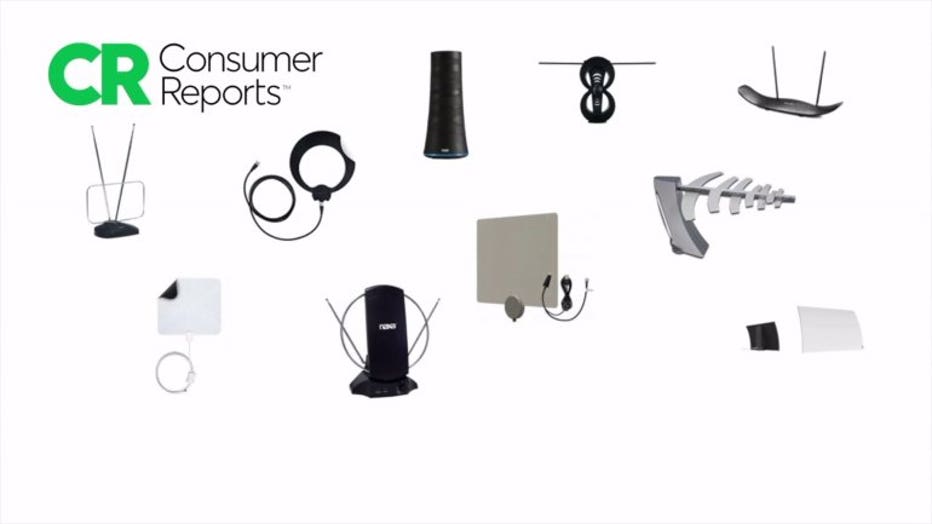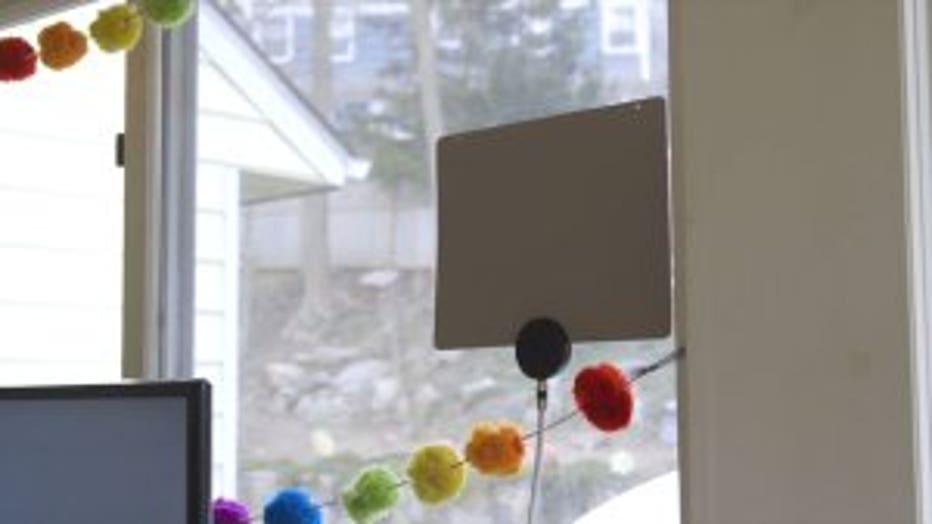Top tested TV antennas
You may think of TV antennas as those old rabbit ears people would sometimes cover in tin foil to try to get better reception. Well, those days are long gone. Consumer Reports tested the latest indoor models to get a clear picture of how they are keeping cord cutters connected to local programming.

Consumer Reports recently tested ten indoor antennas -- trying them in two locations: near a window and near the TV. Across the board, the window location worked best. They also found that while antennas come in a variety of shapes, the design isn’t as important as where you live and what you’re surrounded by.

If you live in a very mountainous area or live in a city and there are a lot of buildings that obstruct the signal, then you may have a tougher time than somebody who is in a plain or in a neighborhood where there aren’t a lot of tall buildings. For best results, Consumer Reports says to place the antenna high or in an upstairs room or attic if possible. Try a few different locations and rescan to see where you get the most channels. And if at first, you don’t succeed in getting great reception, try some other models.
Work with a retailer that has a return policy because not every antenna is going to do well in your house. And just because the picture is free, doesn’t mean it’s poor quality. The over the air image may even be clearer since it can be less compressed than what you get on cable.
It may also help to know where the nearest tv transmitter is, especially if you have a directional model. The FCC has an interactive map on their website.

All Consumer Reports material Copyright 2018 Consumer Reports, Inc. ALL RIGHTS RESERVED. Consumer Reports is a not-for-profit organization which accepts no advertising. It has no commercial relationship with any advertiser or sponsor on this site. For more information visit consumerreports.org.

